Vegan Religions: Hinduism, Jainism, and Buddhism
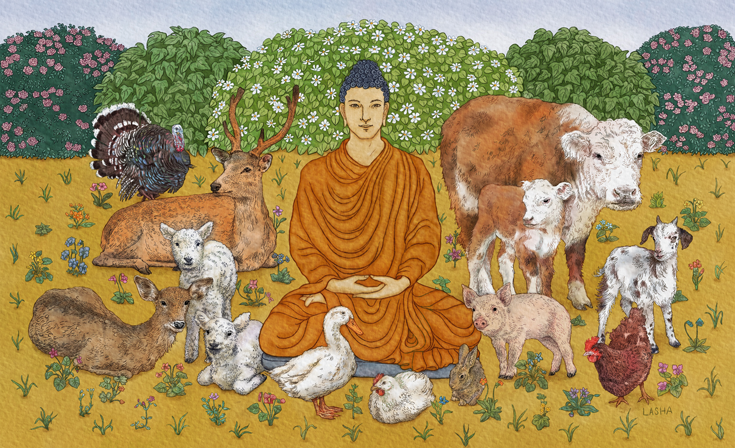
Vegan Religions. Although veganism may seem like a new concept, it is actually at the base of some religions. The plant-based diet, which is especially effective in India, is included in the beliefs of millions of people such as Hinduism, Jainism, and Buddhism.
The importance of showing mercy to animals is emphasized in almost all ancient religions. Islam, Christianity, Judaism, and Buddhism, almost all of the most widely believed religions in the world, have ‘compassion for animals with different provisions.
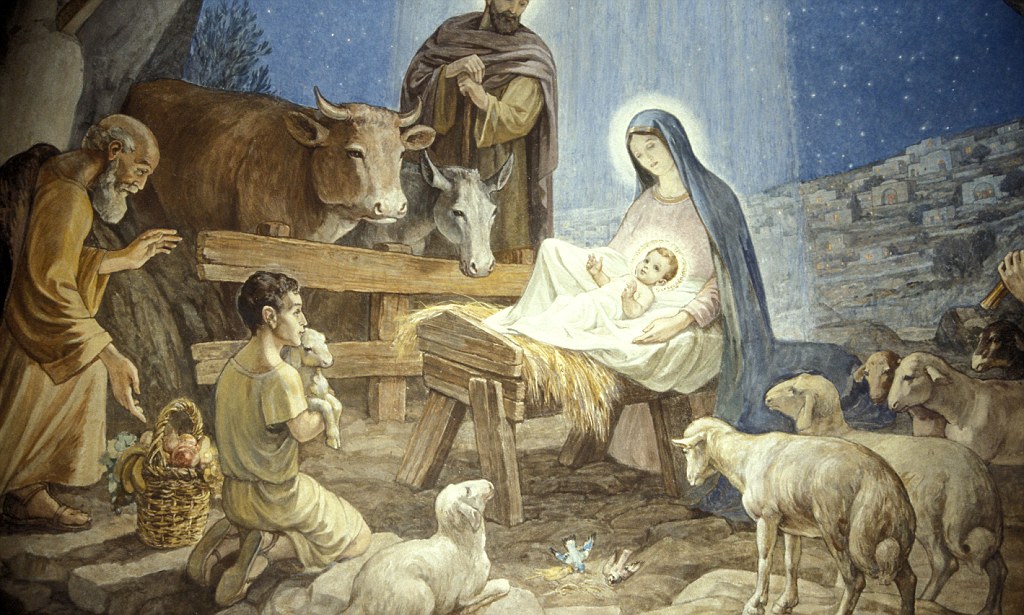
In Judaism, vegetarianism has a strong tradition. According to some stories, it is written that when the prophet Daniel and the three slaves were in captivity, they did not eat the menu offered to them and asked for vegetables and water. In Judaism, cruelty to animals, whether used for production or for transporting goods, is prohibited.
In Islam, there is no order that animals should not be eaten. However, compassion towards animals is emphasized. There is an Eid al-Adha unique to Muslims, and animals are slaughtered by the procedure on this day. For example, Muslims do not consume meat prepared with non-halal slaughter and it is religiously forbidden to eat pork.
In the Hinduism faith, the cow is a sacred animal. That’s why it’s a sin to eat cow meat. Due to the respect for the cow, the tradition of vegetarianism has dominated this belief.
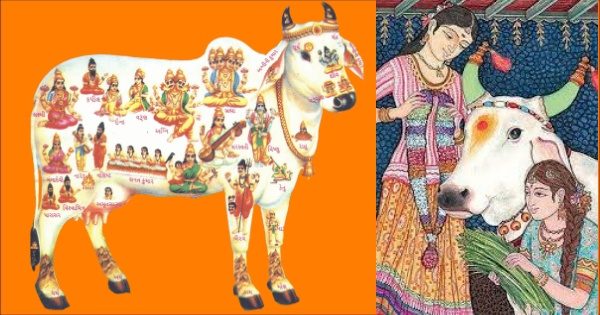
Buddhism has a tradition of vegetarianism, just like Hinduism. Some of the believers in Buddhism prefer not to eat all other meats and fish besides eating cow meat. In fact, according to power sources, Buddhist monks are said to be strict vegetarians.
Jainism, which comes from a similar origin to the Hinduism and Buddhism religions, prefers not to consume nutrients such as meat and honey. Jainism aims not to harm any creatures, including insects.
India ranks first among the least meat-consuming countries in the world, according to figures released by The Food and Agriculture Organization of the United Nations (FAO). It is said that there are more than 400 million people who identify themselves as vegetarians. This is, of course, because the dominant religious beliefs in the country, such as Hinduism, Jainism, and Buddhism, are rooted in not eating meat.
There are no completely vegan religions and cultures in known human history. Yet most scientific research has revealed that our ancestors ate fruits and plants for hundreds of years. Even Dr. John McDougall says that the foundations of civilization are starch. Dr. McDougall said:
“All large populations of trim, healthy people, throughout verifiable human history, have obtained the bulk of their calories from starch.”
This suggests that the plant-based diet goes back a long way. Rice has been the main food source in Asian cultures for more than 10 thousand years. For more than 11 thousand years, barley and wheat have been preferred as the main food source in the Middle East. People in South America have been consuming potatoes for 13 thousand years.
Do you know any vegan religions? Leave a comment!
Check out our other articles about veganism and the vegetarian lifestyle.
- Vegan Restaurants in London
- Was Jesus Vegan?
- Vegan celebrities
- What is veganism?
- Do vegans eat honey?
- Vegan vs Vegetarian | Vegetarian and vegan diets
- Vegetarian Restaurants in Chicago
- Vegan meat alternatives
- Do vegans eat eggs?
Check out my vegan and vegetarian recipes:
- Vegan Lentil Curry
- Stuffed Eggplant Recipe
- Lentil “Meatballs” Recipe
- Vegan Stuffed Grape Leaves
https://www.mindbodygreen.com/0-11240/what-6-world-religions-have-to-say-about-vegetarianism.html
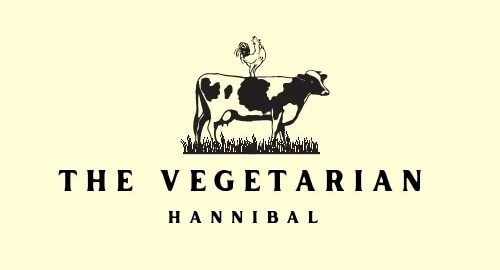




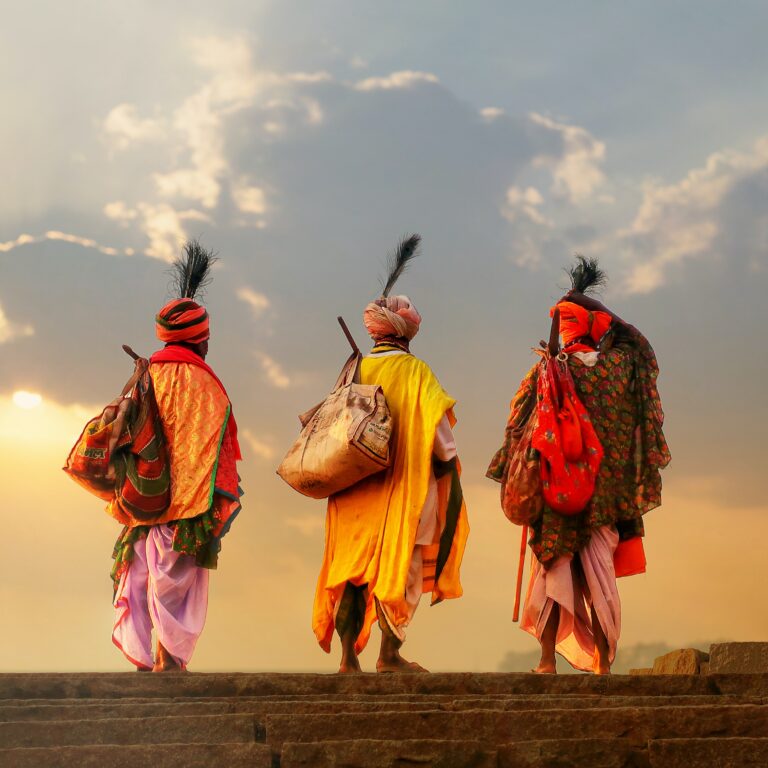
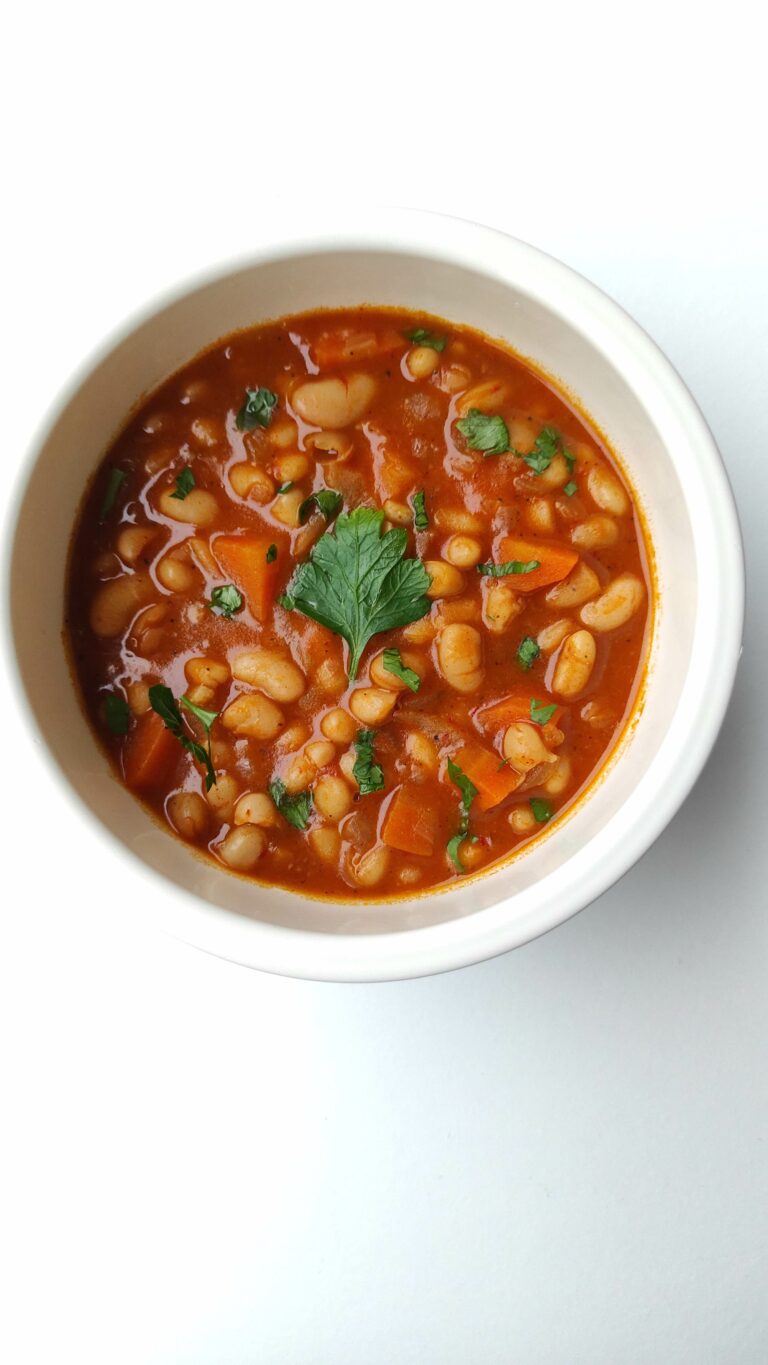

No vegan cultures?
The Ladrone Islanders
from The Natural Diet Of Man by doctor John Harvey Kellogg.